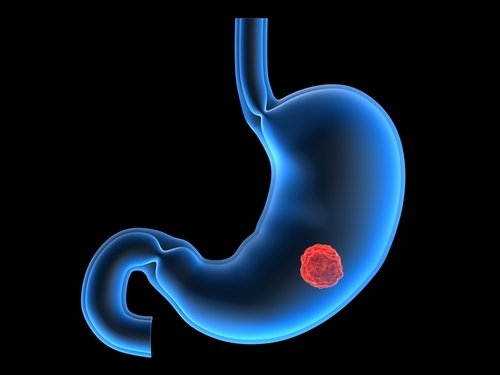Navigating the complex world of cancer can be challenging, especially when misinformation about its causes and progression circulates widely. One common misconception involves the relationship between stomach acid and cancer development. In reality, understanding the nuanced interactions between gastrointestinal health and cancer requires careful examination of scientific evidence and medical research.
Understanding Stomach Acid: More Than Just Digestion
Stomach acid, scientifically known as hydrochloric acid, plays a crucial role in our digestive system. Far from being a potential cancer trigger, it serves essential functions in our body, including:
- Breaking down food particles
- Activating digestive enzymes
- Protecting against harmful bacteria
- Facilitating nutrient absorption
With a typical pH level between 1.5 and 3.5, stomach acid is highly acidic but fundamentally critical for maintaining overall digestive health. Contrary to popular belief, stomach acid itself does not cause cancer, though certain conditions related to acid production might increase cancer risk.
Gastrointestinal Cancers: A Complex Landscape
Two primary types of cancer are often misunderstood in relation to stomach acid: stomach cancer and esophageal cancer. While they may seem interconnected, their development involves multiple complex factors beyond simple acid production.
Stomach Cancer: Understanding the Risk Factors
Stomach cancer, or gastric cancer, emerges from multiple potential triggers:
- Helicobacter pylori (H. pylori) bacterial infection
- Genetic predisposition
- Chronic gastritis
- Dietary habits
- Smoking and alcohol consumption
Notably, approximately 90% of stomach cancers are adenocarcinomas, which develop in the mucus-producing cells lining the stomach. Early detection remains critical, with symptoms including unexplained weight loss, persistent abdominal pain, and difficulty swallowing.
Esophageal Cancer: Beyond Acid Reflux
While chronic acid reflux can contribute to esophageal cancer risk, it is not a direct cause. Other significant risk factors include:
- Obesity
- Tobacco use
- Excessive alcohol consumption
- Chronic inflammation
Cancer Progression and Metastasis
Understanding how cancer spreads is crucial in comprehending its potential danger. Metastasis occurs when cancer cells break away from their original site and travel through the bloodstream or lymphatic system to establish new tumors in different body parts.
For gastrointestinal cancers, common metastasis sites include the liver, lungs, and peritoneum. The likelihood of metastasis depends on various factors such as cancer stage, tumor characteristics, and individual patient health.
Diagnostic and Treatment Approaches
Modern medical technology offers sophisticated diagnostic tools for detecting gastrointestinal cancers:
- Endoscopy
- Biopsy
- Advanced imaging techniques
- Genetic and molecular testing
Treatment strategies are increasingly personalized, encompassing:
- Surgical intervention
- Chemotherapy
- Radiation therapy
- Targeted molecular therapies
- Immunotherapy
Prevention and Proactive Health
While not all cancers are preventable, individuals can reduce their risk through:
- Regular medical screenings
- Maintaining a healthy diet
- Avoiding tobacco and excessive alcohol
- Managing chronic conditions
- Staying physically active
The journey of understanding cancer is ongoing, with researchers continuously uncovering new insights into its complex mechanisms. By dispelling myths and focusing on scientific evidence, we can approach gastrointestinal health with knowledge and confidence.





